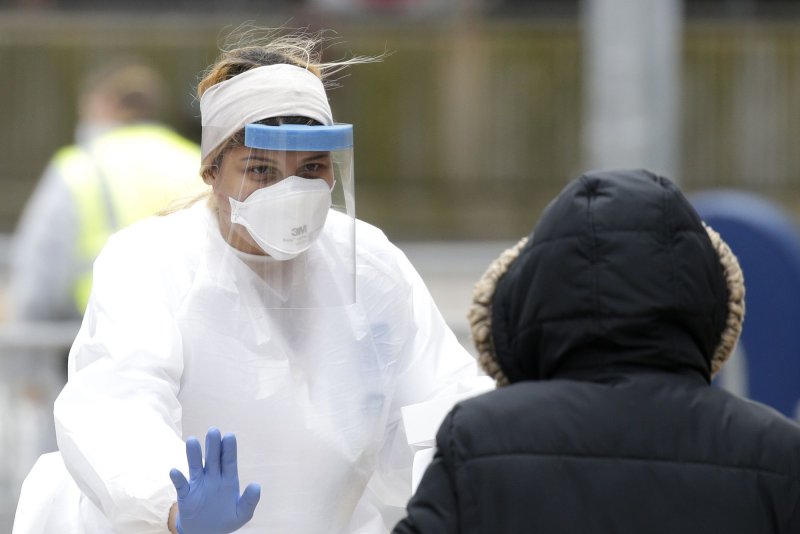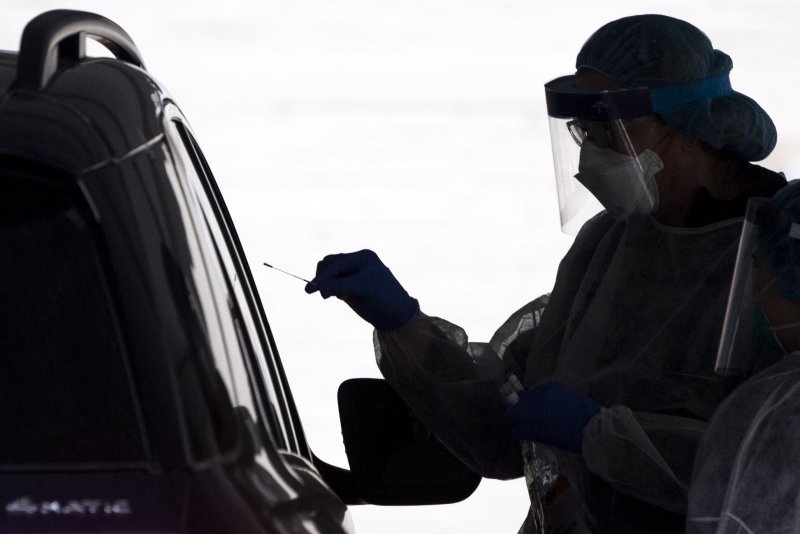
WWI PHOTO DOES NOT HAVE A MORAY PATTERN WHEN YOU EXPAND IT
IT REMAINS SHARP AND IN FOCUS.
BUT OF COURSE I REALLY POSTED THE BARON'S PICTURE SO I COULD POST THIS SNOOPY TUNE TOON
https://plawiuk.blogspot.com/search?q=WWI
It’s possible that I shall make an ass of myself. But in that case one can always get out of it with a little dialectic. I have, of course, so worded my proposition as to be right either way (K.Marx, Letter to F.Engels on the Indian Mutiny)

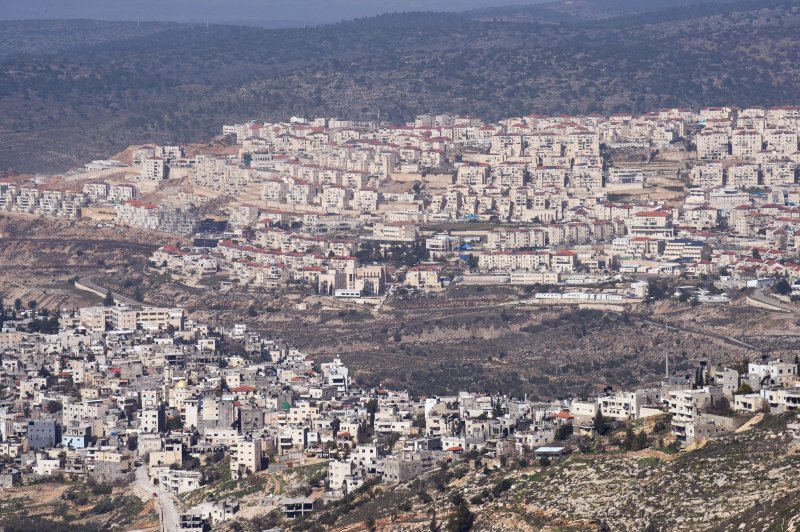
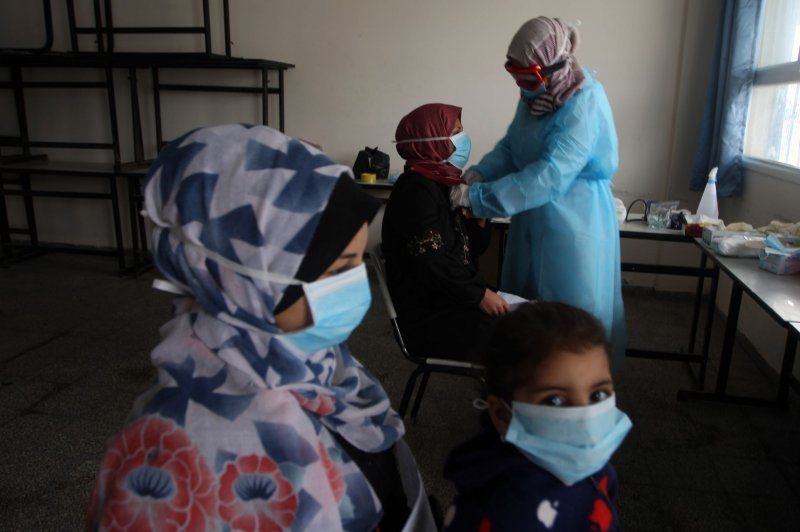

The Vietnam-based North Koreans are affiliated with the Sobaeksu Trading Co. Other IT workers service customers in China, Russia, Canada and the United States on an online basis, and without revealing their identities to clients, according to the U.N. report.
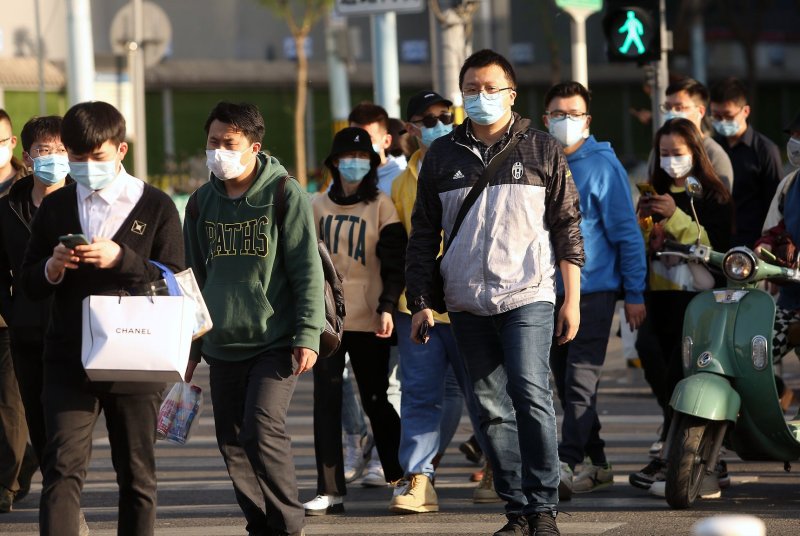
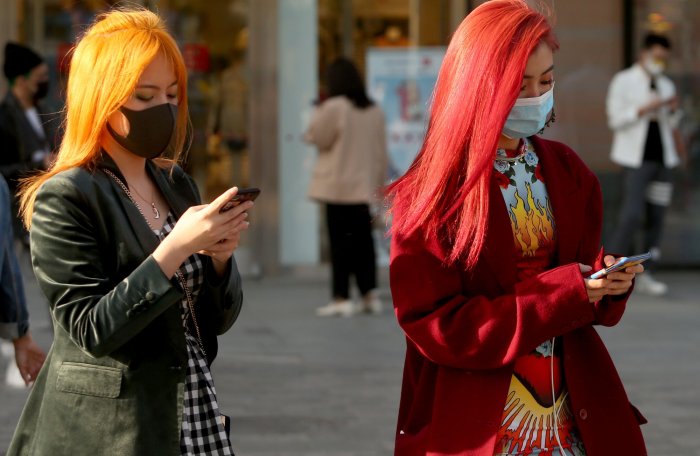
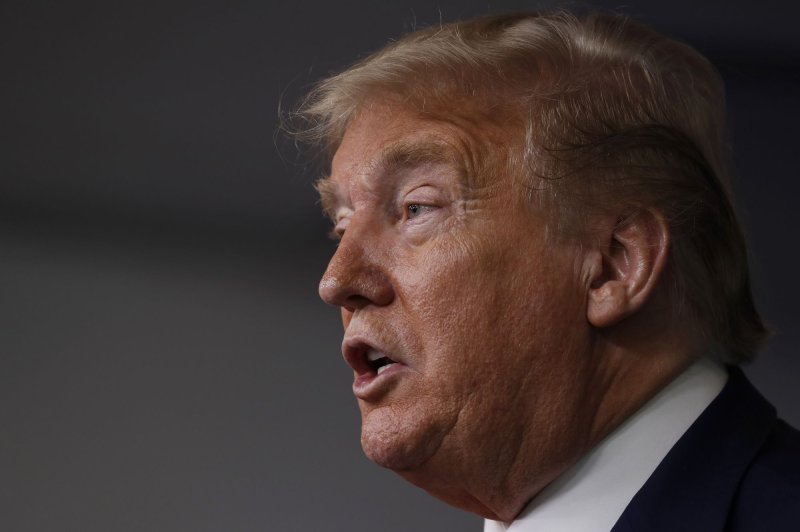
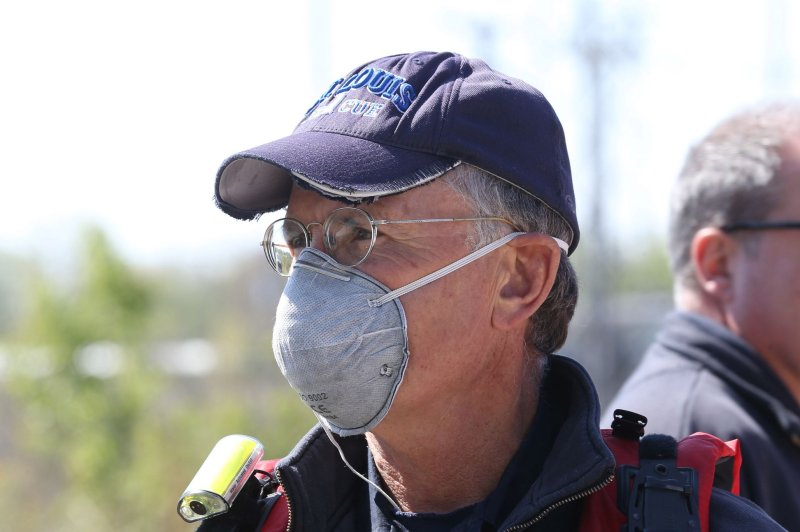
Seventy-one percent of people living in cities and 72 percent living in the West said they're wearing masks in public.
